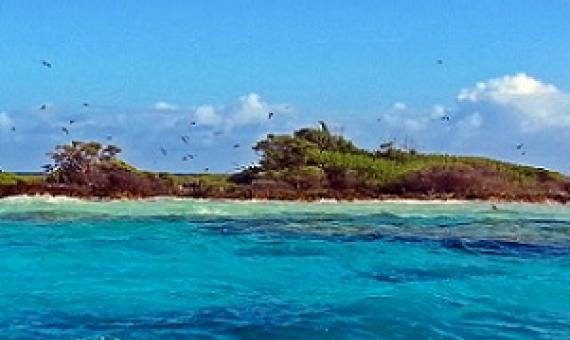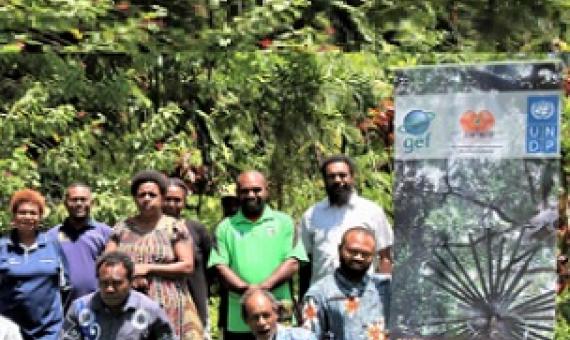Communication, Education and Public Awareness (CEPA) : a toolkit for the Convention on Biological Convention and for NBSAP coordinators
The Convention on Biological Diversity CBD recognises that humans are a major force in changing nature. Vast parts of the earth's surface are transformed to meet human needs and wants for agricultural production, water, energy, urbanisation, construction, tourism, transport and industry. In the process humans are causing threats to and massive extinction of









